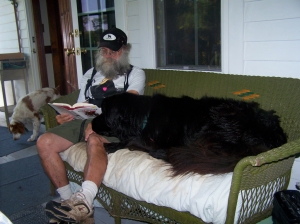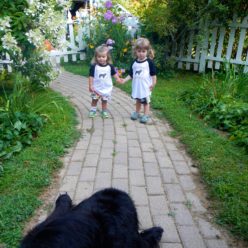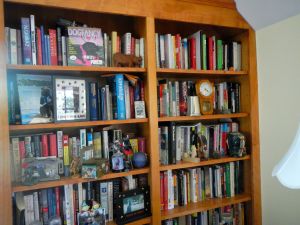
I recently purchased a five-year journal and I’m using it, as a planning tool for things I want to accomplish in the next five years. Inspired by my sister-in-law who a year ago told me that she might attempt to read my late father-in-law’s copy of James Joyce’s Ulysses, I’ve begun identifying “great books” which I’d like to have read in the next few years. Ulysses is on my short-list at the moment, though I vacillate on whether I should invest the time in READING it. If so, I want to finish reading it by next Bloomsday.
I just finished reading Kevin Birmingham’s excellent The Most Dangerous Book: The Battle for James Joyce’s Ulysses and gained a fuller understanding of the importance of the book. I learned a lot from listening to James A. W. Heffernan’s Great Courses lectures on Ulysses. I have explored the James Joyce resources on Openculture.com including a recording of his reading from the book. I’ve read The Odyssey (but almost 50 years ago—perhaps I should read the critically acclaimed Fagles translation). My interest has been piqued by the virtual reality project to create an educational video game of Ulysses, and I have discovered Frank Delaney’s audio podcasts reading of the work. I passed by the twitter edition! Perhaps I’ll attend Milwaukee’s Irishfest. I’ll definitely add in my five-year journal Ireland as one of the countries I wish to visit.
The question, now, is should I commit myself to reading Ulysses—or instead curl up with Robin the Newf and study my dog-eared copy of Berke Breathed‘s Classics of Western Literature: Bloom County 1986-1989.

